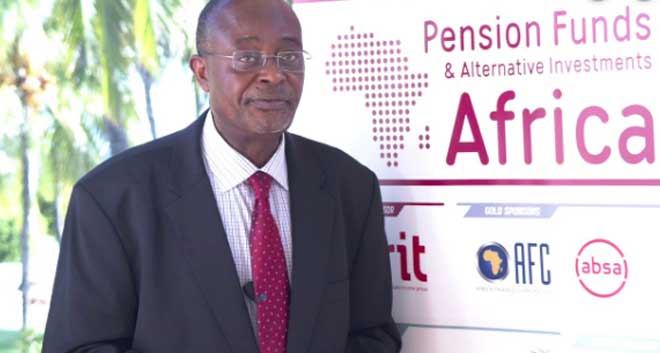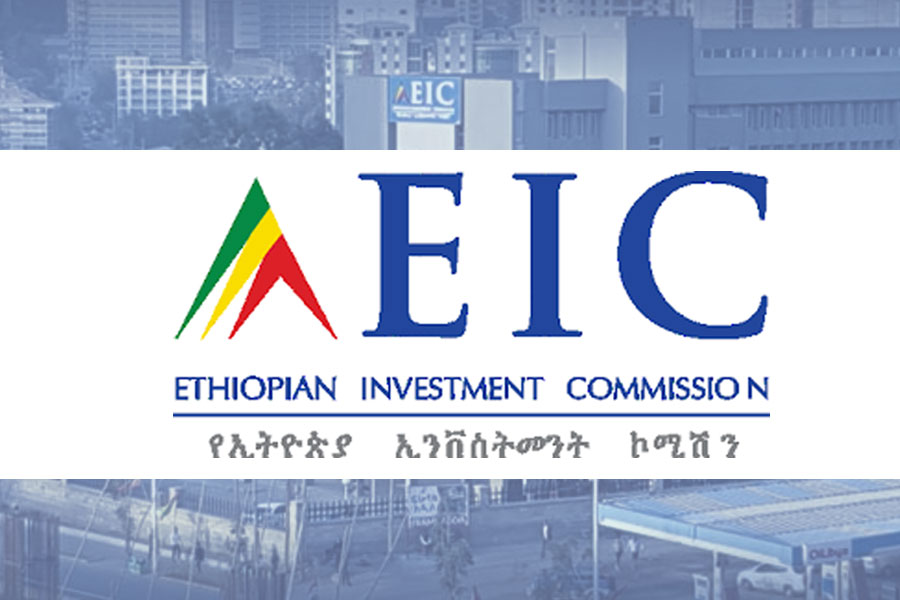
Fortune News | Oct 14,2023
A federal court delivered a sharp rebuke last week to a long-running fight over shares in one of Ethiopia’s largest brewers, dismissing an ownership claim by a former shareholder as time-barred and ordering her to pay the company’s legal fees.
The legal battle between Zewdinesh G. Asrat, who asserted that she once held a 27pc stake in BGI Ethiopia Plc, bottlers of St George Brewery, only to have her shares "quietly transferred" during complex political events in the late 1990s. Zewdinesh’s lawyers produced a forensic report dated April 21, 2025, identifying what they called “significant handwriting differences” in a 2001 signature purportedly from their client.
In her suit, filed in May 2024, Zewdinesh demanded reinstatement of her shares, valued at roughly 8.28 million Br, and compensation for unpaid dividends and damages. She named not only BGI but also Castel Group’s affiliate, Brasseries International Holding (BIH), former CEO JeanPaul Blavier and Hebu Properties, the company she alleged received her shares. She detailed how BIH’s 1998 acquisition of St. George Brewery for 10 million dollars, through privatisation, left her with a legally recognised share, only for those holdings to vanish during boardroom reshuffles.
BGI’s legal team, led by Million Assefa and joined by counsel Solomon Emeru, countered that any challenge to her ownership was now barred by the Civil Code’s tight time limits on contractual disputes. They argued that even transfers of “unmovable assets,” such as land or property, yield to prescriptive periods once a set number of years has passed.
The Federal First Instance Court agreed. Presided by Judge Gerawork Yitbarek, the Court found that any grievance rooted in events more than two decades past should yield to the strict statute of limitations under the law.
However, in court filings, Zewdinesh’s counsel at EthioAlliance Advocates LLP insisted that share certificates represent property interests that cannot be nullified by inaction. They framed the case as an ongoing violation of her rights, rather than a breach of contract, and pointed to health issues, partial paralysis and vision loss, that they claim prevented her from acting sooner.
They argued that because the dispute involved property rights, strict time limits should not apply. Zewdinesh also alleged that Hebu Properties Ltd unlawfully acquired over 6,000 of her shares through "fraudulent means" without her consent or compensation. Hebu was represented by Mieraf Gezai, who previously worked at Zewdinesh’s distribution company.
They also alleged political pressures, including investigations into former federal government officials like Assefa Abreha, then chairman of the Privatisation Agency, created an atmosphere of intimidation.
The Court, however, found no sufficient evidence to support claims of political coercion or medical incapacity during the relevant perio
The forensic report, introduced in spring 2025, added fresh drama. On April 21, experts concluded that the signature on a key 2001 transfer document bore signs of forgery. Yet, Judge Gerawork declared that, regardless of its merits, the report came too late to revive a claim tethered to events in 1998 and 1999. He dismissed the suit and ordered Zewdinesh to pay 30,000 Br toward the BGI's court costs.
“While the passage of time cannot perfect a violation of ownership rights where consent is absent,” the Judge wrote, “the law prescribes a limitation period that must be honoured to ensure legal certainty.”
The verdict showed a tension between fairness to individual shareholders and the need for finality in commercial transactions.
Legal analysts say the ruling will have a chilling effect on other claimants from the privatisation drive. Under Ethiopia's civil law, disputes over share transfers are treated as contractual matters subject to a two-year deadline from the date of the alleged wrong. Attempts to recast such claims as property suits, thus sheltering them from limitation, face an uphill battle.
“Even if the plaintiff presses on, the odds are slim,” said Endris Smaino, a corporate law expert.
Medical records showed her health concerns emerged only shortly before the lawsuit, weakening her plea for equitable tolling. However, he believes a separate criminal case alleging fraud might be possible, though the same laws of limitation would pose challenges.
For BGI Ethiopia, the verdict offers a crossroads. The Brewer can choose to publicise the win, reinforcing its reputation for legal vigilance, or quietly seek a private settlement should Zewdinesh appeal. Legal experts say each path carries risks, an appeal could dredge up new evidence or prolong negative headlines, while a settlement might be seen as an admission of vulnerability.
Zewdinesh remains undeterred.
“I'll fight till the very end,” she told Fortune, after the judgment was read.
Her determination keeps alive the question of whether Ethiopia’s markets can reconcile ambitious reform with robust protections for minority shareholders.
The conflict over BGI Ethiopia’s ownership may now rest with the higher Court, where procedural issues will likely take precedence over substance.
PUBLISHED ON
Apr 27,2025 [ VOL
26 , NO
1304]

Fortune News | Oct 14,2023

Fortune News | May 09,2020

Viewpoints | Jun 03,2023

Exclusive Interviews | Nov 23,2019

Fortune News | Dec 19,2020

Fortune News | Aug 02,2025

Life Matters | Apr 26,2025

Fortune News | Feb 10,2024

Viewpoints | Jan 07,2024

Editorial | Apr 09,2022

Dec 22 , 2024 . By TIZITA SHEWAFERAW
Charged with transforming colossal state-owned enterprises into modern and competitiv...

Aug 18 , 2024 . By AKSAH ITALO
Although predictable Yonas Zerihun's job in the ride-hailing service is not immune to...

Jul 28 , 2024 . By TIZITA SHEWAFERAW
Unhabitual, perhaps too many, Samuel Gebreyohannes, 38, used to occasionally enjoy a couple of beers at breakfast. However, he recently swit...

Jul 13 , 2024 . By AKSAH ITALO
Investors who rely on tractors, trucks, and field vehicles for commuting, transporting commodities, and f...

Oct 18 , 2025
The political establishment, notably the ruling party and its top brass, has become p...

Oct 11 , 2025
Ladislas Farago, a roving Associated Press (AP) correspondent, arrived in Ethiopia in...

Oct 4 , 2025
Eyob Tekalegn (PhD) had been in the Governor's chair for only weeks when, on Septembe...

Sep 27 , 2025
Four years into an experiment with “shock therapy” in education, the national moo...